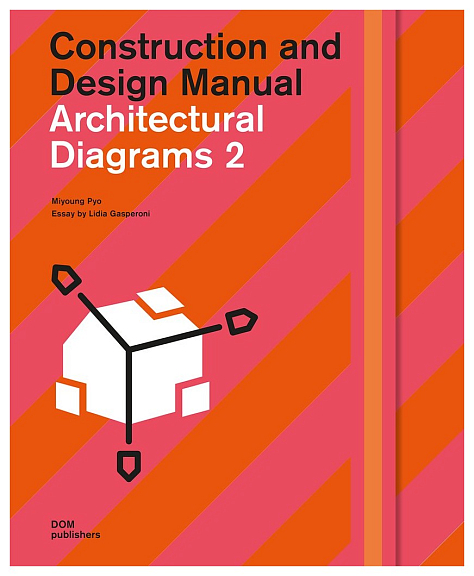-
Книги
- Нонфикшн
- Гуманитарные науки
- Деловая литература
- Естественные / Точные науки
- Книгоиздание
- Лайфстайл
- Словари / Энциклопедии
- Художественная литература
- Детектив
- Драматургия
- Классическая проза
- Мифология. Эпос
- Поэзия
- Собрания сочинений
- Современная художественная проза
- Фантастика. Фэнтези
- Биографии / Мемуары
- Графические романы / Комиксы
- Детские книги
- Воспитание. Педагогика
- Детский досуг
- О детских книгах
- Познавательная литература
- Художественная литература для детей
- Журналы / Зины
- Архитектурные
- Гуманитарные
- Журналы о моде
- Зарубежная периодика
- Искусство / Фотография
- Кино / Театр
- Лайфстайл
- Книги «Подписных изданий»
- Книги на иностранных языках
- Английский язык
- Испанский язык
- Итальянский язык
- Книги на иностранных языках для детей
- Немецкий язык
- Финский язык
- Французский язык
- Шведский язык
- Книги о кино
- Книги о музыке
- Книги о средневековье
- Книги о театре
- Книги о фотографии
- Книги об искусстве / Книги об архитектуре
- Альбомы по искусству
- Архитектура
- Декоративно-прикладное искусство
- Живопись
- Искусствоведение
- Орнаменты
- Прочее
- Танец
- Татуировка
- Творческое развитие
- Книги по философии
- Кулинарные книги
- Николай Солодников рекомендует
- Предзаказ
- Про дизайн / Про моду
- Путеводители / Книги о путешествиях
- Канцелярские товары
-
Подарки
- Брошки и значки
- Гирлянды
- Закладки
- Игры
- Календари
- Наклейки
- Наши сувениры
- Открытки
- Всякие-разные
- Наборы открыток
- Поздравления
- Про любовь и другие хорошие чувства
- С писателями и поэтами
- С цветами, овощами и фруктами
- С цитатами и другими фразами
- Подарочные сертификаты
- Постеры
- Прочее
- Сумки и шоперы
- Упаковка
- Подарочные сертификаты
Адрес магазина: Санкт-Петербург, Литейный пр., 57
Construction and Design Manual
| Издательство | DOM Publishers |
|---|---|
| Год издания | 2018 |
| Переплет | Твёрдый |
| Страниц | 312 |
| Формат | 225x280 мм |
| Язык | Английский |
| ISBN | 978-3-86922673-6 |
| Артикул | 1104269 |
Architects use diagrams every day – as sketches they are convenient tools for quickly demonstrating a point, as worked through representations they present complex ideas simply and attractively for clients, and as graphics they cross language barriers. Their theoretical background is, however, not quite so well known.
Alongside offering inspiring examples of these multifaceted visualisations, this volume explores some of the associated history and theory. How is the diagram a place where architecture and philosophy meet? In what ways can we critically examine their analogue and digital forms? Is the history of the diagram over? Citing the ideas of, among others, Peter Eisenman and Gilles Deleuze the philosopher Lidia Gasperoni investigates diagrammatic practices in architectural design in her absorbing introductory essay.
Part of the Construction and Design Manuals series, Architectural Diagrams 2 is a practical guide for those working in creative disciplines: over 312 pages it covers the fields of architecture, interior design, and installation, with both images and quotes from carefully selected contemporary practitioners.
Alongside offering inspiring examples of these multifaceted visualisations, this volume explores some of the associated history and theory. How is the diagram a place where architecture and philosophy meet? In what ways can we critically examine their analogue and digital forms? Is the history of the diagram over? Citing the ideas of, among others, Peter Eisenman and Gilles Deleuze the philosopher Lidia Gasperoni investigates diagrammatic practices in architectural design in her absorbing introductory essay.
Part of the Construction and Design Manuals series, Architectural Diagrams 2 is a practical guide for those working in creative disciplines: over 312 pages it covers the fields of architecture, interior design, and installation, with both images and quotes from carefully selected contemporary practitioners.
Подписка на рассылку
Мы будем присылать вам обзоры книг, промокоды и всякие-разные новости




